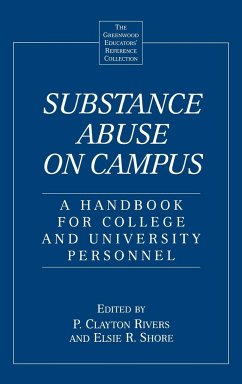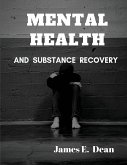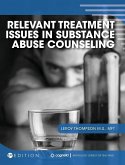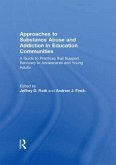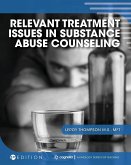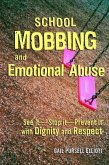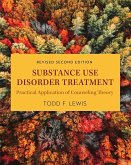Substance abuse is one of higher education's worst problems not only in terms of financial but also human cost. Drawing upon current theory and research, this handbook arrives at practical solutions to these problems. While there are divergent models of research and practice in substance abuse which have led to competing models of intervention, treatment, and prevention, this book seeks to reconcile those differences. It allows the reader to understand substance abuse from theoretical/research perspectives and guides the reader from conceptualization to programming to intervention with the substance abusing student. The book is divided into three parts. The first deals with ways of conceptualizing substance-abuse and the models which have been the basis for developing intervention strategies. Theories of how substance abuse problems develop are discussed and some suggestions are given as to how these theories may guide prevention, intervention, and treatment. The second part focuses on how one should establish policies and programming on campus, and how these programming and policy decisions can help in prevention strategies. The final part outlines how one can assess, intervene, and provide treatment for a substance abuser. Included here is a chapter on self-help groups and how they may be used in support of treatment and aftercare.
Hinweis: Dieser Artikel kann nur an eine deutsche Lieferadresse ausgeliefert werden.
Hinweis: Dieser Artikel kann nur an eine deutsche Lieferadresse ausgeliefert werden.

